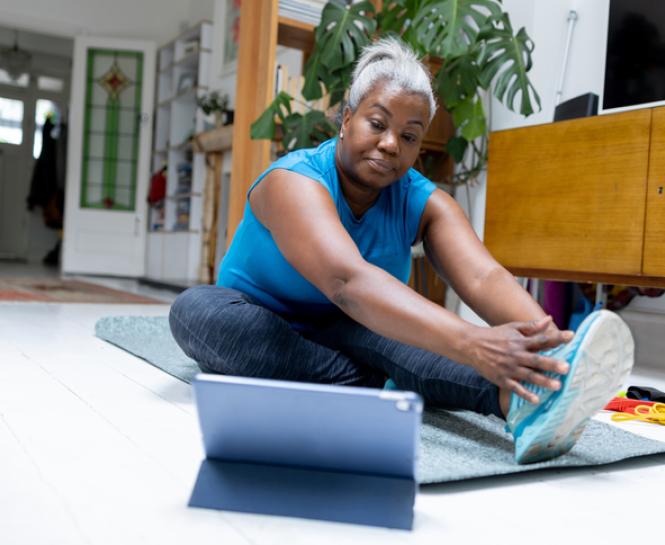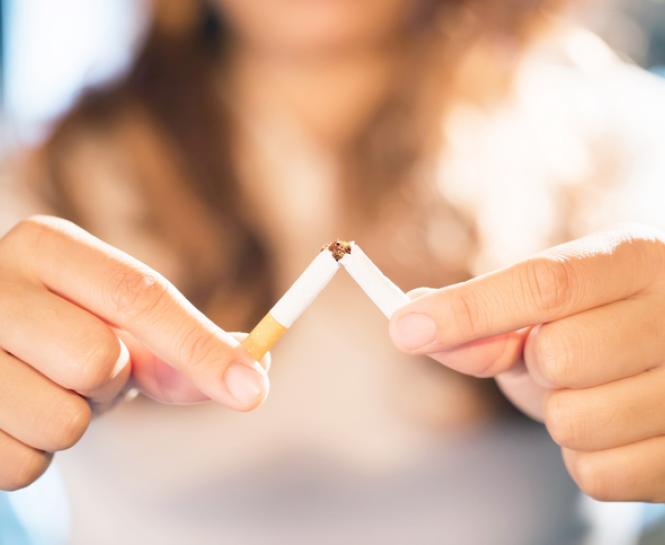“Urinary incontinence, overactive bladder, interstitial cystitis, urinary tract infections and pelvic floor disorders are some of the most common bladder conditions that significantly impact your health and quality of life,” said John Hansen, MD, Catholic Health Urologist.
Dr. Hansen noted that recognizing the signs and symptoms of a bladder condition can help you know when to talk to your doctor about treatment options.
What is the function of the bladder?
Your bladder is part of the urinary system. Located behind the pelvic bone, it is roughly the size of a grapefruit and holds urine produced by the kidneys.
Special cells allow the bladder to expand and hold approximately 16 fluid ounces. A round sphincter muscle at the bottom of the bladder prevents urine from leaking until you are ready to empty your bladder.
How does the bladder change with age?
“As you age, your bladder becomes less elastic,” said Dr. Hansen. “It may not be able to hold as much urine as before, and you may have to go to the bathroom more often.”
Dr. Hansen also noted that your bladder’s wall and pelvic floor muscles may weaken, leading to urinary incontinence—making it harder to empty your bladder and causing urine to leak.
What are common bladder conditions?
“Along with urinary incontinence, your bladder is susceptible to a variety of medical conditions,” said Dr. Hansen. “Talk to your doctor if you are not feeling well to get evaluated and start treatment if needed.”
Common bladder conditions include:
Urinary tract infections
Urinary tract infections (UTIs) are the most common outpatient infection treated in the United States. The infection can affect any part of the urinary system, but it usually impacts the bladder or urethra—the tube that empties urine from the bladder. UTIs occur when bacteria enter the urethra and spread to the bladder. Your doctor may recommend antibiotics for treatment.
Women are 30 times more likely to have UTIs than men. Women have shorter urethras, making it easier for bacteria to enter the urinary tract. UTIs most frequently occur in young women between the ages of 14 and 24 and women over 65.
Men can get UTIs, too. It is less common, usually occurs as men get older and is typically secondary to enlargement of the prostate and difficulty emptying the bladder.
UTI symptoms include:
- Abdominal pain and pressure
- Bloody or cloudy urine
- Frequent urination
- Painful, burning sensation during urination
- Urinary urgency (sudden urge to empty bladder)
- Painful sex
Some ways to prevent UTIs include:
- Drink lots of water to flush bacteria from the urinary tract.
- Empty your bladder often.
- Wipe from front to back after urinating and bowel movements to prevent the spread of bacteria.
- Empty your bladder after sexual intercourse.
Interstitial cystitis
Interstitial cystitis is a chronic condition that causes bladder pressure, pain and sometimes pelvic pain. The pain may be mild or severe. The condition causes you to urinate more frequently and in smaller amounts. It affects women more than men. There is no cure, but medications and therapies can help alleviate symptoms. Although not life-threatening, interstitial cystitis can affect quality of life.
Overactive bladder
Overactive bladder (OAB) is a feeling of bladder pressure, needing to urinate often or difficulty holding back urine. OAB is a complex condition that affects women of all ages. Bladder infections, bladder stones or abnormal growths increase your risk. Men can suffer from OAB also, but it is usually secondary to enlargement of the prostate.
Pelvic floor disorders
Pelvic floor disorders (PFD) typically occur later in life and affect women more frequently than men. The pelvic floor is a complex system of tissues and muscles that support pelvic organs, including the bladder, urethra, rectum, prostate in men and uterus, and vagina and cervix in women.
The pelvic floor can be damaged by:
- Aging
- Chronic constipation
- Chronic diseases
- Obesity
- Pelvic surgery
- Pregnancy and childbirth
- Prostate cancer surgery
- Repeated heavy lifting
Urinary incontinence or leakage and cystocele (fallen or prolapsed bladder) are common PFD disorders that affect the bladder. A cystocele occurs when the ligaments and muscles that support the bladder stretch or weaken, which causes the bladder to “drop” into the vagina.
Symptoms include:
- Back and pelvic pain or fullness
- Difficulty emptying your bladder
- Difficulty inserting tampons
- Painful and frequent urination
Therapy and surgery can effectively treat PFDs, including fallen bladder.
Am I at risk for bladder cancer?
Bladder cancer is a form of cancer that is more common in men than women. Common symptoms of bladder cancer include:
- Blood in the urine. (Both visible or microscopic on a routine urinalysis.)
- Frequent urination
- Painful urination
There is a strong link between smoking and bladder cancer. Talk to your doctor if you are a smoker to find ways to quit.
How can I keep my bladder healthy?
“Although bladder conditions are common, you can take steps like lifestyle modifications that can reduce the likelihood of developing one,” said Dr. Hansen. “This includes a healthy diet, exercising regularly and staying hydrated.”
Follow these tips to keep your bladder in good health.
- Get plenty of physical activity to prevent bladder problems and constipation.
- Limit alcohol and caffeine if they cause you to experience frequent or urgent urination.
- Maintain a healthy weight.
- Make healthy food choices, including high-fiber foods.
- Perform pelvic floor muscle exercises. (Also known as Kegel exercises.)
- Quit smoking.
- Relax the muscles around the bladder when urinating so you empty the bladder.
- Stay hydrated, so you need to urinate every few hours.
- Use the bathroom every three to four hours.
- Wear cotton underwear and loose-fitting clothes.
Call 866-MY-LI-DOC (866-695-4362) to find a Catholic Health physician near you.







